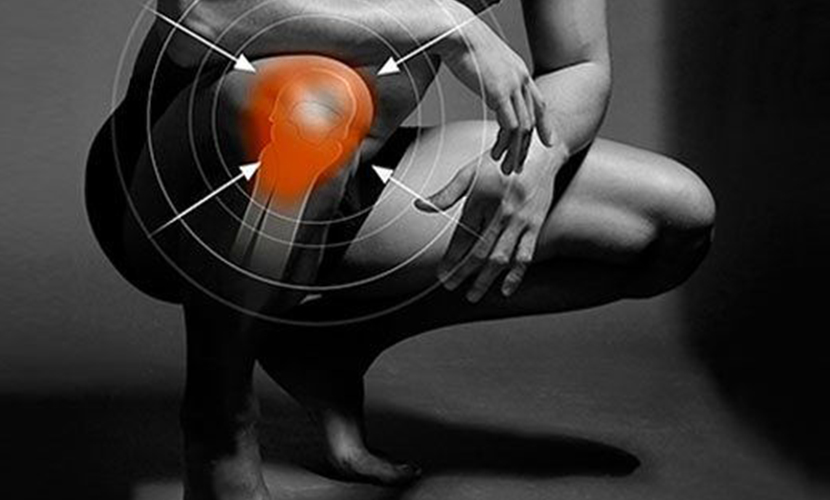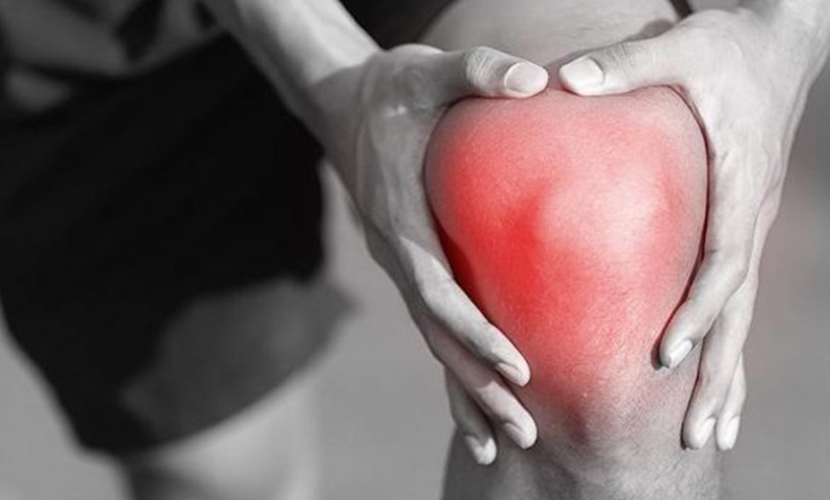Energy Sources of Our Body
There are various chemical molecules in the composition of all nutrients in nature. These molecules call it 'nutrient element'. Digestion first begins with the breakdown of nutrients in our mouth. When we look at this situation on the basis of energy sources, the energy needs of the human body are provided in three basic food groups. These are respectively; are carbohydrates, fats and proteins. In general, carbohydrates and fats are energy sources used as primary fuel during exercise. Proteins act as building blocks in the organism.
What Energy Sources Are Stored in the Body
Carbohydrates and fats are stored from the main energy sources in the human body. Proteins are not stored. Therefore, as much protein is used as necessary, the rest is expelled. In addition, consuming too much protein can cause various health problems. However, one of the important points is that; Excess fat, carbohydrate, and alcohol are stored as fat in our body.
Spending Energy Resources
Carbohydrates and proteins give about 4 kilocalories of energy per gram, while fats give 9 kilocalories of energy per gram. In general, kilocalorie and calorie values are the values used in place of one in our country. The missing point when calculating the lost calories is from which metabolism this calorie is consumed. Losing hundreds of calories for a person who wants to burn fat may not always mean that he is burning fat. This situation can only be understood more accurately with which intensity, how long, and with which muscle groups the sport is performed. For a significant amount of fat burning; 1. Exercises where large and multi-muscle groups are active (such as running), 2. Long-term (1-1.5 hours), 3. Low-intensity (below anaerobic threshold) exercises should be done. Only in this way, optimum fat burning occurs in our body.
Energy Needs of the Human Body
The human organism needs energy in three conditions.
These:
a. Basal metabolism,
b. Physical activity
c. Specific dynamic effect of foods
Here, the basal metabolism is the energy requirement that the organism needs to survive in a relaxed state. Basal aaaabolism varies depending on a person's body weight, age, gender, health status, and other factors. Physical activity is from walking to running; It is the energy we need for all our physical and mental activities, from reading to driving. The specific dynamic effect of foods is the energy that must be spent in order to eliminate the heat generated during the digestion of foods.
Energy Sources Used According to the Activity
Carbs are often used during exercise. Especially in short-term activities, only this energy source is used. As the duration of the exercise is prolonged, oils also come into use in energy use. Especially in long-lasting activities, as the duration of effort increases and the severity decreases, body fat stores are engaged in energy production. The most obvious example of such activities is the marathon.
Nutrition During Strength Training Period
In general, during the period of weight training, the goal is to develop a cross-section of the muscle (hypertophy) because of the development of force.
This is achieved by using more than enough protein for the organism. That is why more protein should be taken during the weight training period. But this amount of protein must be determined by a dietitian (nutritionist) or a physician. It should not be forgotten that excessive protein intake causes various health problems, excess is turned into fat and stored and the rest is excreted through the urinary tract.
0.8-1 grams of protein per kilogram of body weight is sufficient in daily protein intake in healthy individuals, especially in sports that require strength, this rate can increase up to 1, 5-2 grams or even 2.5 grams per body weight. When strength training is just starting, 7-8 grams of protein per kilogram is recommended for muscle development. But these values are generally evaluated. The subject must be supervised by a specialist.
I wish health and exercise days ...







